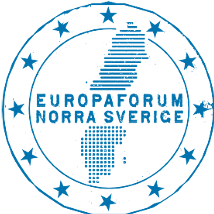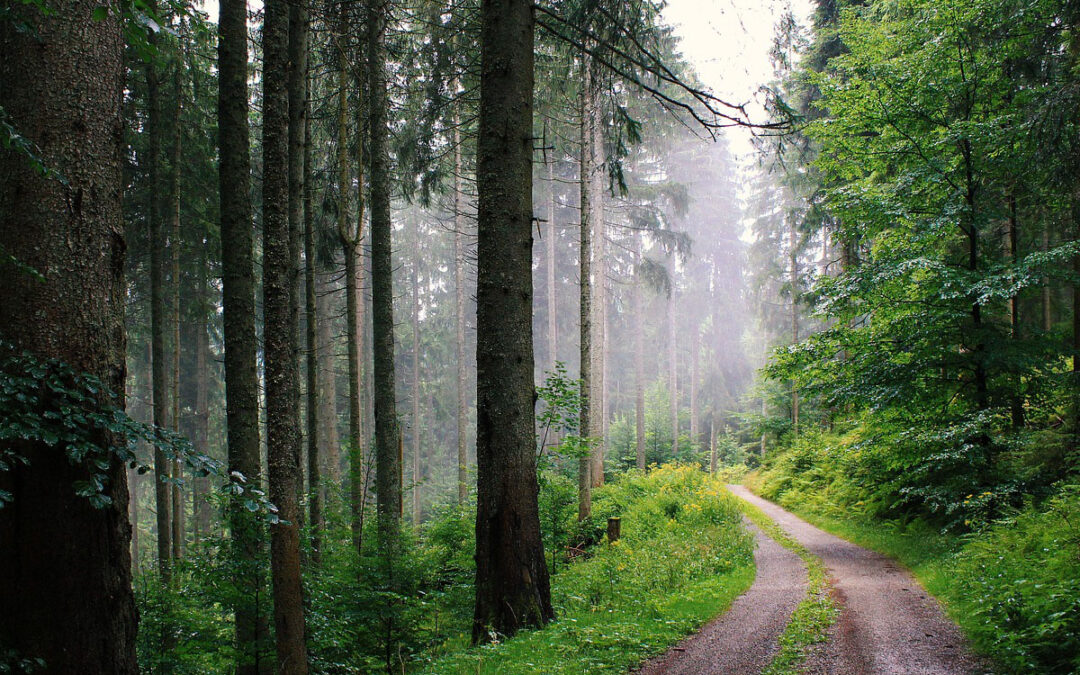The intention of the Deforestation Regulation is to ensure that commodities consumed or exported in Europe do not contribute to deforestation. The political network Europaforum Northern Sweden supports the purpose but argues that the regulation in its current form can create legal uncertainty and increased costs – especially for forestry and agriculture in the north. Therefore, the regulation should be revised.
The regulation covers palm oil, soybeans, cattle, cocoa, coffee, rubber and wood. For most of these, there is a connection between production and deforestation – but wood should not be included, according to Europaforum Northern Sweden.
– Forestry is not a driving factor behind deforestation, neither globally nor within the EU. Therefore, wood should not be included in the regulation, says Anders Öberg, Chair of the Regional Board of Region Norrbotten and rapporteur in the area of Research, Innovation and Business within Europaforum Northern Sweden.
More difficult to conduct small-scale forestry
The increased requirements for traceability and documentation can particularly affect small-scale forest owners. They may find it difficult to comply with the rules without becoming dependent on larger companies.
– In practice, they can be excluded from parts of the market or have to sell their forests through intermediaries. This affects their independence, says Anders Öberg.
Europaforum Northern Sweden also objects to forestry plans being made public. These contain information about, among other things, planned fellings and valuations – details that should be allowed to remain trade secrets.
A consequence could also be that more forests are left unmanaged, with an increased risk of fires, and large insect infestations.
Reduced supply threatens transition and economy
Reduced forestry can lead to a shortage of raw materials. The EU’s goal is to replace fossil materials with bio-based alternatives, but if supply is limited, the signals could be the opposite.
– It is counterproductive to tighten the rules for forestry while at the same time wanting to replace plastic and concrete with wood. If wood products become more expensive, they may be opted out in favor of more competitive alternatives, says Anders Öberg.
Increased regulation may also lead to investments not being made or being moved to other parts of the world. The EU risks falling behind the US and China again.
Forests provide the conditions for agriculture
Northern Sweden’s arable land is becoming increasingly important for food security, and pasture and other arable lands is becoming difficult to recreate with the current wording of the regulation. Such land conversion should be allowed in countries where it does not contribute to deforestation.
– In order to be able to keep more cattle, there must be access to protective stables and hay in winter time. Currently, 70 percent of the land is forest, and only one percent is arable land. More land needs to be able to be converted to create space for grazing, cultivation, and animal husbandry, explains Anders Öberg.
And if forestry becomes more difficult, it could also mean economic problems for agriculture.
– Many companies combine agriculture and forestry. Revenue from forests can provide stability when the prices of milk or meat fluctuate. Forests can also be used as collateral for investments, says Anders Öberg.
Another shortcoming that Europaforum Northern Sweden sees is the lack of clarity in how the regulation should be applied. The EU Commission has produced guidelines, but they do not have the same legal weight as the text of the regulation itself. This can increase the risk of disputes, lack of investment, and slowing down the development of the bioeconomy.
Find the position here: Europaforum Northern Sweden’s views on the Deforestation Regulation (EUDR).

